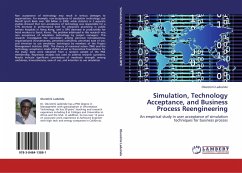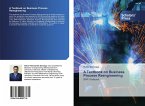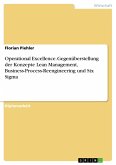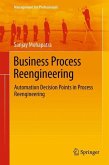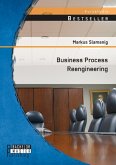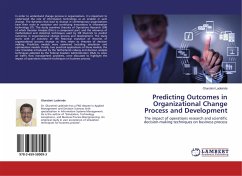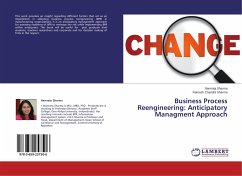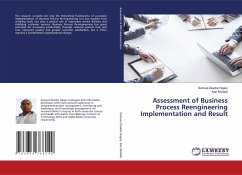Non acceptance of technology may result in serious damages to organizations. For example, non-acceptance of simulation technology cost Merrill Lynch Bank over $50 billion in 2008, while statistics in 2 separate studies showed that non acceptance of technology was responsible for a 57% decrease in performance level for physicians practicing in public tertiary hospitals in Hong Kong, and a 39% decrease in productivity for hotel workers in Seoul, Korea. The problem addressed in this research was non acceptance of simulation technology by project managers. This research investigated the correlation among personal innovativeness, organizational innovativeness, perceived usefulness, perceived ease of use, and intention to use simulation techniques by members of the Project Management Institute (PMI). The theory of reasoned action (TRA) and the technology acceptance model (TAM) served as theoretical foundations for the study. Data were obtained from a random sample of the PMI membership. Regression analysis was used to address research questions. Results indicate significant correlations of moderate strength among usefulness, innovativeness, ease of use, and intention to use simulation.

